- Home
- /
- Resources
- /
- Latest News
UR+ BC Panelist: Jessica Shoubridge
As an organizer of the Understanding Risk BC (UR+ BC) symposium, Jessica has signed on to also be a panelist for the symposium's Kickoff Plenary: Understanding Natural Hazard Risks and Risk Reduction Potential in BC's Built Environment on Monday, April 16th at 1:00 PM. With years of work across all orders of government, academia, non-profits and the private sector, Jessica's efforts focus on helping bridge gaps between science, policy, and action for risk reduction and resilience building.
We asked Jessica three questions to learn more about her work, resiliency in the built environment and the future of BC's buildings.
1. What does resilience mean to you, and why should people working in construction and the building trades be concerned about resilience in the projects they build?
Resilience thinking is typically systems thinking, so in terms of built projects, if everyone is just building their own project to a certain standard without thinking about the systems around that project that it may rely on often the objective is lost. A classic example would be the new St. Paul's Hospital. We can build the most resilient building possible, but we should also think about the context in which it sits and the linear infrastructure that the building might rely on (e.g. water, sewer, energy), along with the access and egress for ppl to get in and out of the hospital in a natural hazard event. Perhaps this building can be a showcase of the new LEED resilient pilot credits? Or a living building? These are the types of things we need to start seeing, especially for landmark projects and critical facilities. Those who work in construction and the building trades should see this as a huge area of innovation and a business opportunity. Additionally, we are all part of a community, somewhere where we live and work and we should all care about how that community is responding to climate change and how it might survive or thrive in light of a major event like an earthquake.
2. On a scale of 1 to 10, where are we now in our efforts to create a disaster resilient culture throughout B.C., and what should we be aiming for? (How well are we doing, for example, with public owners of hospitals and schools?)
This is a tough one because in some ways we are around a 9, and others, just by the nature of timing and how scientific knowledge has evolved, we are 'laggards'. For example, it always struck me that we have only known about Cascadia for about 25-30 years whereas the majority of our built environment is built before this knowledge. There is a lot of work to do if we are to adapt our built environment to the current and best understanding of natural hazards. Another example is that we have a very highly trained and expert group of professional emergency managers (EMs) here in the province, but we have not had the same nationally-founded system of mitigation and risk reduction included in that EM system that has evolved in the USA over the past several decades and elsewhere in the world. In other words, we have been getting really good at responding and recovering, but have not been doing as well on the risk assessment and risk reduction side or the building back better piece either (as far as I know!). All of these components need to be integrated, and more focus is needed on risk reduction/building back better. In terms of culture, I am grateful every day to live here in BC and to be surrounded by very intelligent people who also care about the world around them. I think there is huge potential here for ramping up the resilience culture. These UR+ events are showing how we have the capacity to lead the world on these topics by focusing on assessing risk, communicating risk, and reducing it and working across sectors to make it all happen.
3. How can the construction industry help bridge the gap between the challenges and the actions needed to improve risk reduction?
We consistently talk about bridging the gaps between science, policy, and action for building resilience so that the latest and greatest natural hazard science and research can inform what is happening on the ground. The construction sector is a huge part of the 'action' and what's happening on the ground. If that sector can be better informed of the latest hazard and risk research, models, resilient building techniques, etc. then we can work to better integrate that into training and innovation for a more resilient built environment. The construction sector also needs to recognize and understand the huge market and high ROI in retrofits. We only replace something like 1-3% of buildings with new builds annually. The existing building stock represents both a huge set of challenges and a huge opportunity- we have a whole session on this at UR+ and it's going to be a busy and exciting one. There are many pressures on the existing stock from energy retrofits to climate adaptation and seismic retrofit. These things need to be tackled in a holistic way. Mostly the sector needs to be open to innovation and see change as a business opportunity, not a burden. There are lots of people around willing to help on the business case, and help smooth some of the challenges, whether it's through IPD or using tools like BIM to help increase efficiency in the sector and ultimately deliver better end products while still realizing profits.
Get Understanding Risk BC (UR+ BC) tickets here.
Learn more about Understanding Risk BC (UR+ BC)
.jpg)
BC Construction Association Contracts Fairley Strategies to Advise on Industry Advocacy Efforts Regarding Construction Procurement
.png)
BCCA Statement Regarding Compulsory Trades

Construction Workers Get Fast-Tracked for Covid Vaccine in Vancouver

BC Hydro and Site C Contractors Launch Canada's First Builders Code Work Site
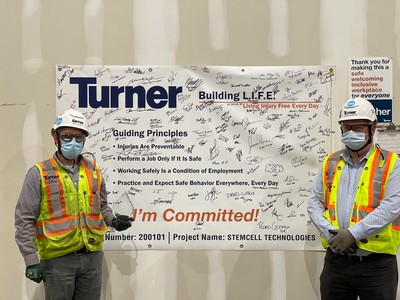
Four British Columbians Recognized for Extraordinary Safety Leadership During Pandemic
.jpg)
Construction File - Building Back Smarter:
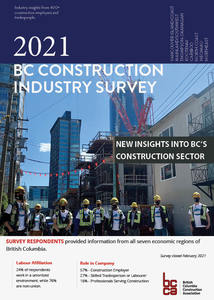
Latest Construction Industry Statistics Reveal Strength Despite Pandemic Challenges
.png)
BCCA Response to BC Budget 2021
.jpg)
BCCA Wins National Award for Second Consecutive Year

BC Restaurants to Benefit From Construction Month Celebrations This April
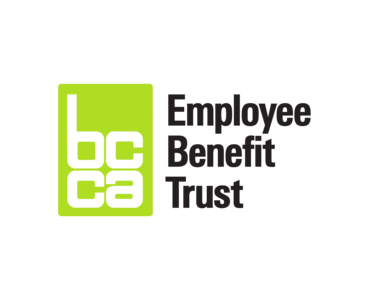
Christy Kerr of Kerr Controls Inc. To Chair BCCA Employee Benefit Trust Board of Trustees


Letters to the Vancouver Sun: Legislate Prompt Payments for the Construction Industry
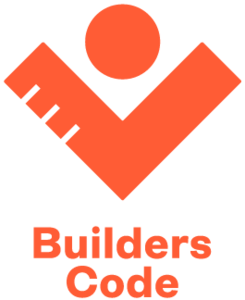
Builders Code Champion Awards Celebrate Culture Change In BC’s Construction Industry

BC Construction Association Announces New Board Chair
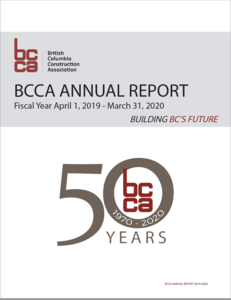
BCCA Releases it's 2020 Annual Report
BCCA to hold 2020 Annual General Meeting (AGM) Virtually
-01.png)
BC Construction Association Recognized for Achievements in Workforce Development with National Award

BC Construction Sector Awards to Recognize Workplace Diversity

Construction Sector United in Fight Against COVID-19
 (banner-large)-01.png)
Construction Culture Training Goes Virtual During Covid-19 Crisis
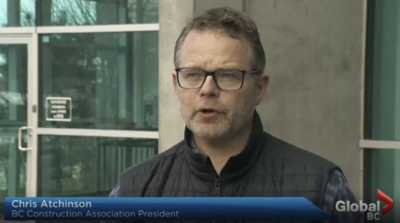
BCCA President, Chris Atchison Speaks to Global News About Safety Being the Most Urgent Priority on Construction Sites

BCCA Signs Agreement with eSolutionsGroup to Power BidCentral Platform
Business, Indigenous, and Community Leaders Call for a Return to Order
BCCA Responds to BC Government & Wet’suwet’en Leaders Agreement

BCCA Statement regarding COVID-19 coronavirus
BuildForce Canada 2020 Construction & Maintenance Looking Forward Report

Inaugural Builders Code Champion Awards Celebrate Construction Sector Leadership

BCCA Celebrates National Construction Day with New Worksite Behavior Training App
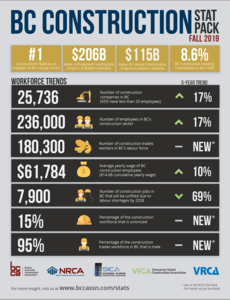
Fall 2019 Statistics Show Progress on Key Construction Sector Indicators
BCCA to hold 2019 Annual General Meeting in Prince George
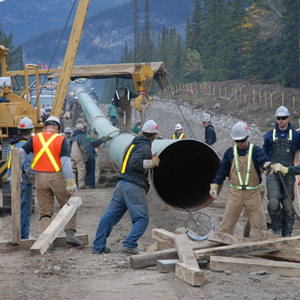
BCCA Welcomes Trans Mountain Announcement Resuming Work on Pipeline Expansion Project
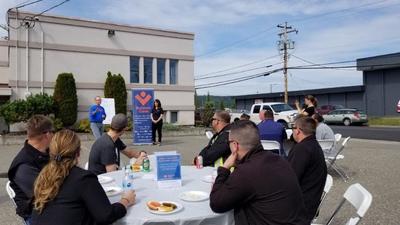
Builders Code Ramps Up Services Across Northern Region
Court ruling allows construction industry stakeholder coalition to proceed through the B.C. Supreme Court with CBA challenge
Aligning the Construction and Technology Sectors
Multibillion Dollar BC Construction Sector Untapped by Tech
BCCA Commends Ruling in Favour of Trans Mountain Pipeline Project
BCCA Update on Private Members Bill for Prompt Payment
BCCA Response to Proposed Labour Code and Employment Standards Legislation
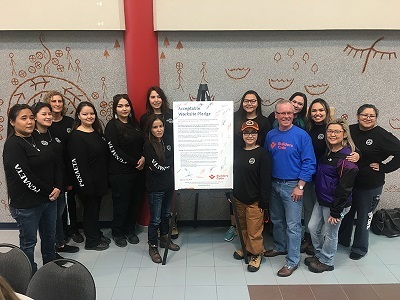
New Builders Code Training Program Gives Construction Leaders the Tools to Address Worksite Harassment, Hazing and Bullying
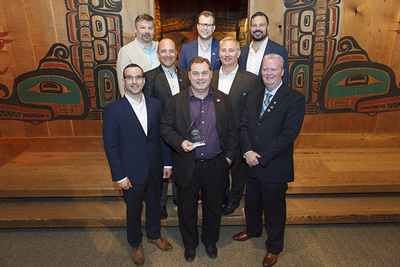
Six BC Employers Win Construction Leadership Awards
CBC Interview: Builders Code "Don' t Be A Tool" campaign
CHNL Interview: Construction Month 2019

BC Construction Month Launches with Latest Industry Statistics and Results of Province-Wide Industry Survey

Builders Code Expansion: First Advisor Now Available to Vancouver Island Construction Employers
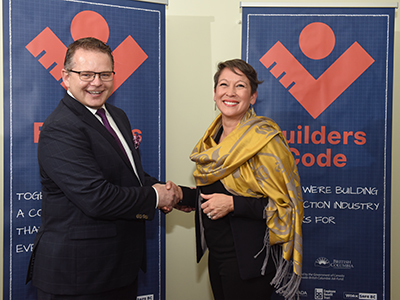
BC Construction Industry Introduces Worksite Conduct Standards to Improve Worker Retention
Risk Alerts Issued for Two Provincial Construction Projects
Contractor Alert - Westwood Court Prime Contractor Services
Contractor Alert - Hart Haven Group Home at Dagg Rd

Supporting BC's Skilled Workforce

British Columbia Construction Association Selected to Provide Pre-Arrival Services

A Dynamic Year In BC’s Construction Industry – Skilled Workforce Shortage Still The #1 Issue

Kinetic Construction Courts Young Hockey Players in Bid to Draw More Youth to Career Opportunities in the Trades

Angela McKerlich of CapriCMW Insurance Services Ltd. Elected BC Construction Association Board Chair
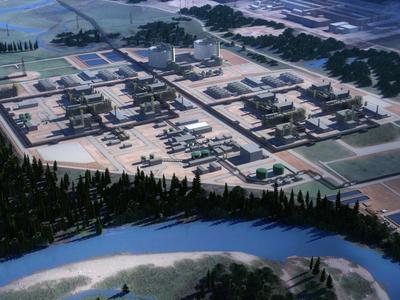
LNG CANADA Invests in BC and Canada: A Generational Milestone Achieved

BC 2018 Labour Market Outlook Released
.png)
BCCA Integrated Membership Update 2017
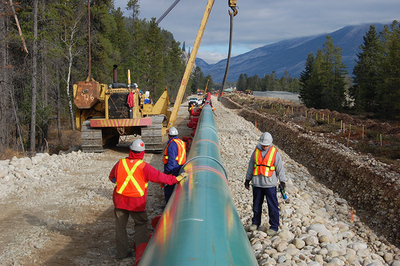
Response to Federal Court of Appeal's Trans Mountain Pipeline Decision
.jpg)
New BC Building and Plumbing Code 2018

Industry Policies that further validate BCCA’s challenge of the Community Benefits Agreement

Industry Voices - Industry Must Come Together
.png)
BCCA does not support Premier Horgan’s new Community Benefits Agreement
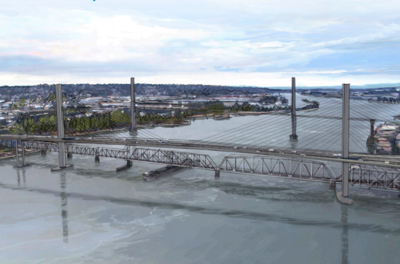
Pattullo Procurement Strategy Takes BC Construction a Bridge Too Far
.png)
B.C. needs Ministry of the Built Environment to manage construction issues

Response to the Province’s Community Benefits Agreement Announcement
.png)
Tackling the Late Payment Epidemic: What Will It Take?
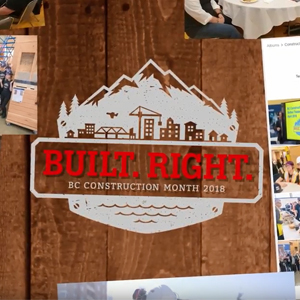
Construction Month in BC 2018 Recap Video #BuiltRight
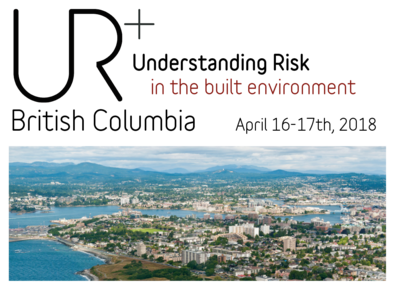
Understanding Risk British Columbia (UR+ BC) Video #URBC

BCCA Response to Federal Purchase of Trans Mountain pipeline for $4.5 Billion

Dodge Momentum Index Moves Higher in April

BC Lions Announce "Salute the Trades" Game Night September 7

LNG Canada and TransCanada's Coastal GasLink Project Announce Expansion of "Connect" Program
.jpg)
.PNG)